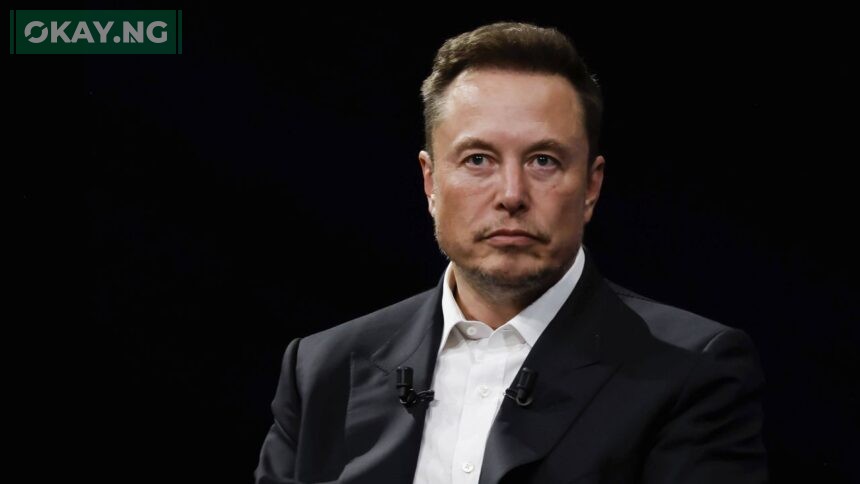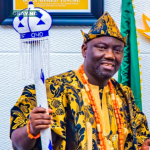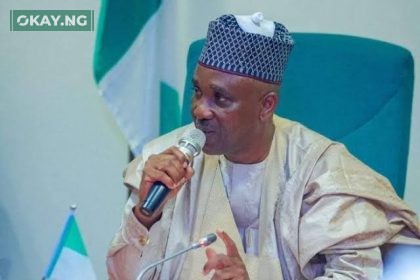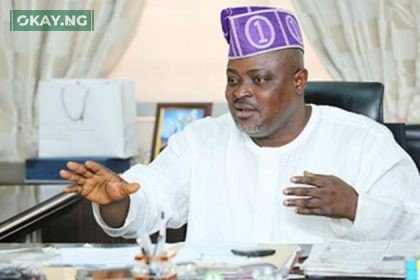The AI ecosystem witnessed a dramatic turn on Tuesday as Elon Musk, CEO of Tesla and SpaceX, submitted an unsolicited $97.4 billion bid to acquire OpenAI, the artificial intelligence research and development company he co-founded. This audacious move reignites the escalating feud between Musk and OpenAI over the company’s direction and its controversial transition from a non-profit to a for-profit entity.
Musk, in a statement, articulated his desire to “restore OpenAI to its original mission as an ‘open-source, safety-focused force for good.'” This sentiment echoes his longstanding concerns about the company’s current trajectory, which he believes has deviated significantly from its foundational principles.
However, OpenAI CEO Sam Altman swiftly dismissed Musk’s offer in a characteristically blunt manner, posting on X (formerly Twitter), “No thank you, but we will buy Twitter for $9.74 billion if you want.” This witty retort, while seemingly dismissive, underscores the complex and often adversarial relationship between the two tech titans.
The Wall Street Journal first reported the news, revealing that Musk’s AI startup, xAI, is a key player in the investor consortium backing the bid. The report further suggests a potential merger between xAI and OpenAI if the acquisition were to materialise.
The bid has garnered significant attention, with prominent investors such as Valour Equity Partners, Baron Capital, and Atreides Management joining the consortium. Marc Toberoff, an attorney representing the investor group, confirmed the bid while declining to provide further details.
Read Also: Apple Taps Alibaba for AI Prowess in China: A Strategic Shift
Rob Rosenberg, founder of Telluride Legal Strategies, believes that Musk’s offer, regardless of its success, will undoubtedly complicate OpenAI’s ongoing transition. “I think he’s trying to make a statement and bring more attention to the fact that OpenAI is still on this course to switch from being a non-profit to a for-profit company,” Rosenberg observed.
He further emphasised the potential for the bid to exert significant pressure on OpenAI as it navigates the complexities of its valuation during this pivotal transition phase. “That value cannot be determined by insiders negotiating on both sides of the same table,” Rosenberg asserted. “After all, the public is OpenAI Inc.’s beneficiary, and a sweetheart deal between insiders does not serve the public interest.”
The rift between Musk and OpenAI has been deepening for some time. Musk has repeatedly accused the company of abandoning its core mission and prioritizing profit over public safety and ethical AI development. These accusations stem, in part, from Musk’s failed attempt to integrate OpenAI with Tesla, a move that ultimately led to his departure from the company’s board.
OpenAI, however, has consistently denied these allegations, attributing Musk’s criticisms to personal grievances and his own ambitions in the AI space. Since its inception in 2015, OpenAI has secured substantial funding, including a significant investment from Microsoft, fueling its rapid growth and ambitions to become a dominant force in the AI industry.
This contentious bid marks a significant escalation in the ongoing feud between Musk and OpenAI. It also raises critical questions about the future of AI development, the role of for-profit entities in this rapidly evolving field, and the importance of maintaining ethical and safety-conscious practices in AI research.












